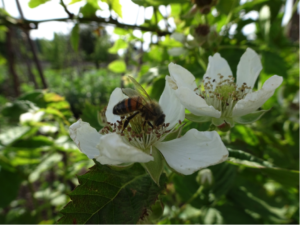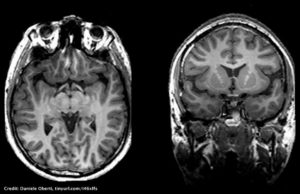Book Review: Utopia for Realists By Rutger Bregman
by Karen Stroobants
Are we still able to think big, to imagine a better world than the one we currently live in? Rutger Bregman, a young Dutch historian, certainly thinks so. I have been following his activities for a while now, as he strongly believes in the concept of ‘a basic income for everyone’, and so do I. Although the idea is appealing, it is hard to establish firm arguments that cannot in any way be refuted by critics, and maybe even by realists. So when Bregman announced that he was about to publish a book, ‘Utopia for realists’, I knew it would be my next read.








